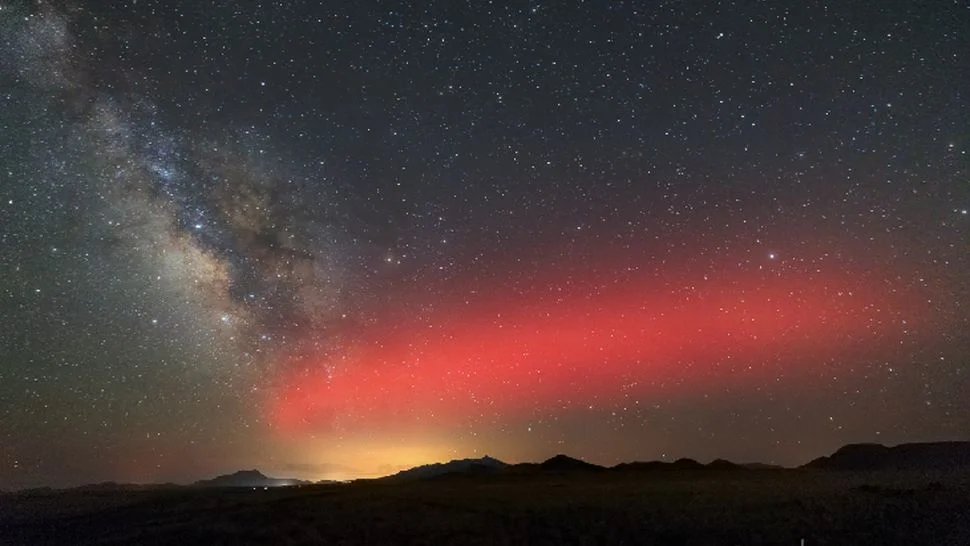SpaceX rockets provoke “aurora borealis”
- November 30, 2023
- 0
Astronomers have discovered a new type of “aurora” resulting from the return of the first stages of SpaceX’s Falcon 9 rockets. According to experts, the launches create temporary
Astronomers have discovered a new type of “aurora” resulting from the return of the first stages of SpaceX’s Falcon 9 rockets. According to experts, the launches create temporary

Astronomers have discovered a new type of “aurora” resulting from the return of the first stages of SpaceX’s Falcon 9 rockets. According to experts, the launches create temporary “holes” in the upper atmosphere, causing red streaks of light similar to the aurora borealis.
Astronomers believe that these “flares” do not threaten the environment or life on Earth, as the “holes” close within tens of minutes. However, they can affect astronomical research and shortwave radio communications, as well as interfere with GPS and lead to unpredictable long-term consequences.
Researchers have known for decades that rockets launched into space can punch holes in the upper ionosphere, the part of the atmosphere 50 to 400 miles (80 to 644 kilometers) above the Earth’s surface where gas is ionized or stripped of electrons. These “ionospheric holes” can excite gas molecules in this part of the atmosphere, causing bright red streaks of light similar to the aurora borealis.
Source: Port Altele
As an experienced journalist and author, Mary has been reporting on the latest news and trends for over 5 years. With a passion for uncovering the stories behind the headlines, Mary has earned a reputation as a trusted voice in the world of journalism. Her writing style is insightful, engaging and thought-provoking, as she takes a deep dive into the most pressing issues of our time.